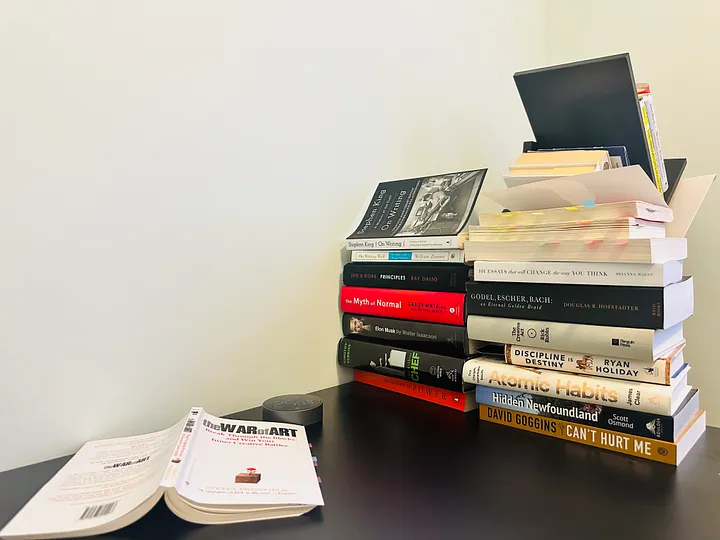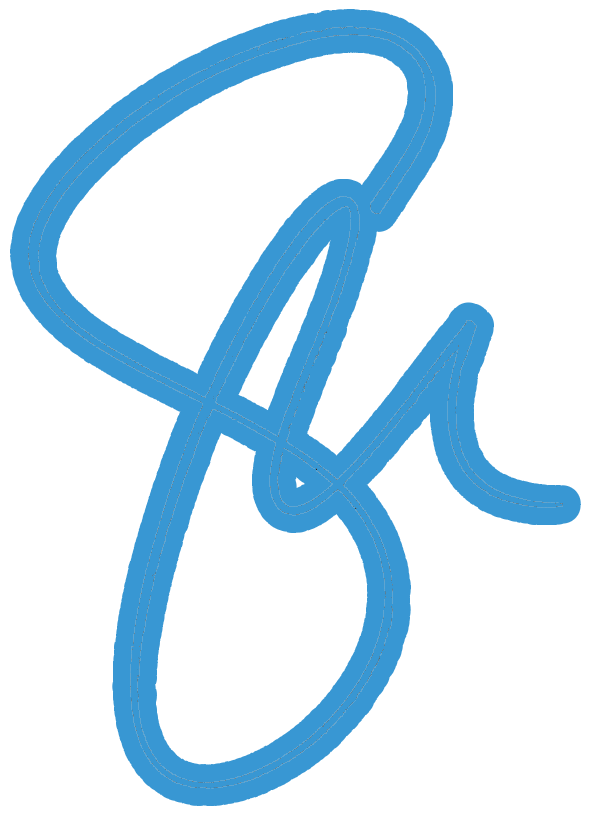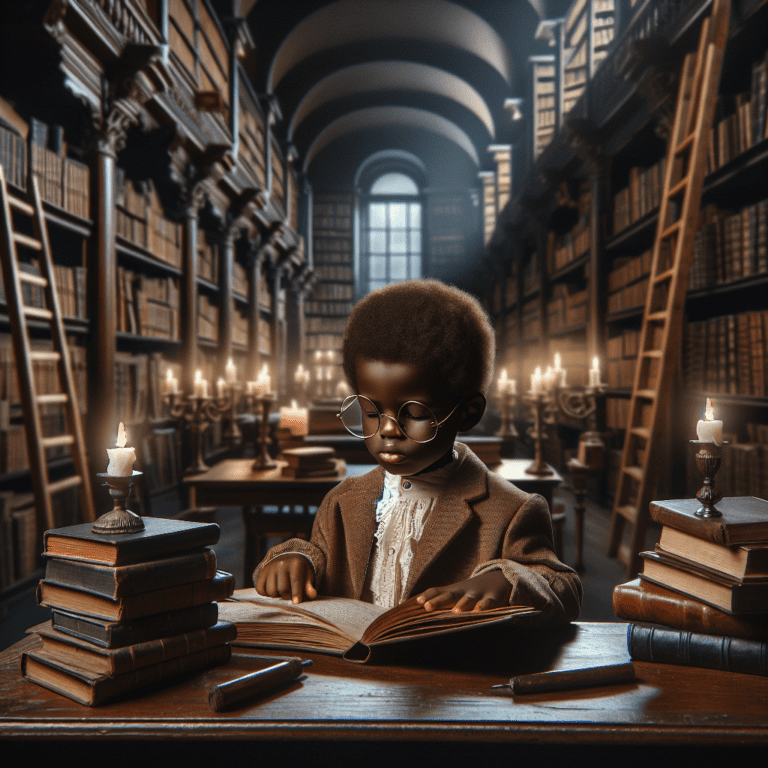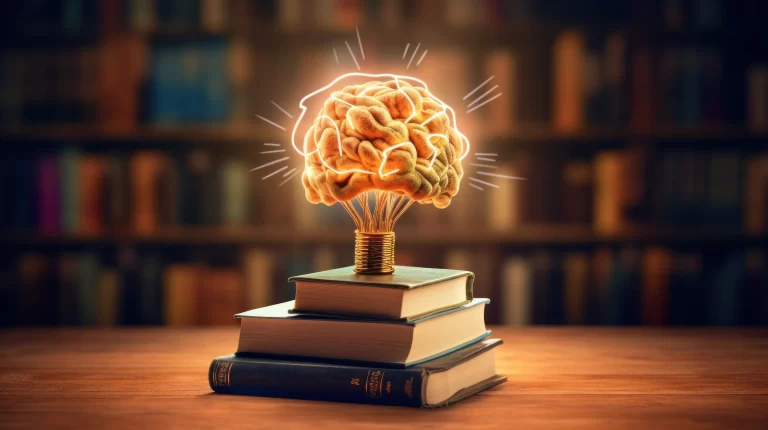The following quote summed up my book-buying obsession.
When I get a little money, I buy books; and if any is left, I buy food and clothes. — Desiderious Erasmus
I used to be able to buy about ten books a month, mainly on Kindle, with a $100 monthly budget. And if I liked the book, I would order a hard copy for my library and also a gift for a friend or family member.
Reading Nassim Taleb’s The Black Swan one day introduced me to the idea of buying more books than I will ever have time to read.
Subsequently, I increased my monthly budget (learning) to $200. Over the past year, I’ve prioritized buying books over other purchases; for instance, my clothing budget has significantly decreased compared to my book budget.
For example, on Black Friday, almost everything was on sale. I bought these 20 books.
These books are stacked in the home office, bedroom, living room, and some in the washroom. I enjoy taking baths, and the experience is always enhanced with a good book.
Kindle vs. Hard Copy
I read more on Kindle because of its portability. But holding a book in your hands while gazing out your cottage at the ocean or lush green trees surpasses all the digital experience, and that’s why a good hardcover can make all the difference. It’s kind of like asking someone if you are a coffee or tea person.
Back to the concept of anti-library
Nassim gives an example of Italian writer Umberto Eco, who had 30,000 books in his library. It’s almost impossible to read all the books in his lifetime. A simple math: if you read one book daily, it would take 80+ years to complete his massive collection of 30,000 books.
Here is the excerpt from his book, The Black Swan.
“The writer Umberto Eco belongs to that small class of scholars who are encyclopedic, insightful, and nondull. He is the owner of a large personal library (containing thirty thousand books), and separates visitors into two categories: those who react with “Wow! Signore professore dottore Eco, what a library you have. How many of these books have you read?” and the others — a very small minority — who get the point is that a private library is not an ego-boosting appendages but a research tool. The library should contain as much of what you do not know as your financial means … allow you to put there. You will accumulate more knowledge and more books as you grow older, and the growing number of unread books on the shelves will look at you menacingly. Indeed, the more you know, the larger the rows of unread books. Let us call this collection of unread books an antilibrary.”- Nassim Taleb
While researching the anti-library concept, I came across the Japanese phenomenon of “Tsundoku,” which was invented in the 19th century.

Importance of Unread Books
Let me recall Mr. Taleb’s concept of read vs. unread books.
Read books are far less valuable than unread once.
A private library is a research tool, according to Umberto Eco.
Curating a highly personal collection of resources around subjects you are curious about is the primary purpose of an anti-library, not collecting books you have read so you can show them off on your shelf.
Instead of celebrating everything you know, an anti-library is an ode to everything you want to explore.
An antilibray is a humble reminder of everything we don’t know.
It is worth reading why he mentions the importance of an unread library; I will share another excerpt from Nasiim.
“We tend to treat our knowledge as personal property to be protected and defended. It is an ornament that allows us to rise in the pecking order. So this tendency to offend Eco’s library sensibility by focusing on the known is a human bias that extends to our mental operations. People don’t walk around with anti-résumés telling you what they have not studied or experienced (it’s the job of their competitors to do that), but it would be nice if they did. Just as we need to stand library logic on its head, we will work on standing knowledge itself on its head.” — Nassim Taleb
How to build your anti-library
Here are a couple of bullet points; for details, you can read this blog at NessLabs.
- Develop a habit of taking notes, especially when a writer mentions another book.
- Google or ask people for recommendations on the topic you are interested in
- Walk into a bookstore, read the back of many books, and buy what you love to explore.
- Don’t worry about completing a book. Unread books are okay; you can pick them up later.
- Don’t worry about buying a bunch of books. If you have merely 2–3 unread books on yourself, that is your anti-library to expand.
My anti-library:

On Writing: A Memoir of the Craft by Stephen King
The WAR of ART: Break Through The Blocks and WIN Your Inner Creative Battles (read many times Kindle edition, bought hard copy)
Letters from a Stoic
Several Short Sentences by Verlyn Klinkenborg
The Myth of Normal: trauma, Illness, and Healing in a Toxic Culture by Gabor & Daniel
Broken Money: Why Our Financial System is Failing US and How We Can Make it Better by Lyn Alden
Elon Musk by Walter Isaacson (Read Elon Musk by Ashlee Vance back in 2017)
The Creative Act: A Way of Being by Rick Rubin
Breaking The Habit of Being Yourself: How to Lose Your Mind and Create a New One by Dr. Joe Dispenza
101 Essays That Will Change The Way You Think by Brianna Wiest
Atomic Habits by James Clear ( Read Kindle Edition, bought Hardcopy)
Can’t Hurt Me: Master Your Mind and Defy The Odds by David Goggin (Hard copy, read Kindle edition)
The 4-Hour Chef by Tim Ferriss(You will learn how to learn anything fast.)
The World is a Mirror by Nada Amari
Discipline is Destiny by Ryan Holiday
Is your anti-library strategy working?
My cell phone is always there to start gulping down pointless stuff, so I implemented the notion of anti-library to avoid social media and have unread books all over the house. Buying books (hard copies) and putting them throughout the home is working for me to read more.




